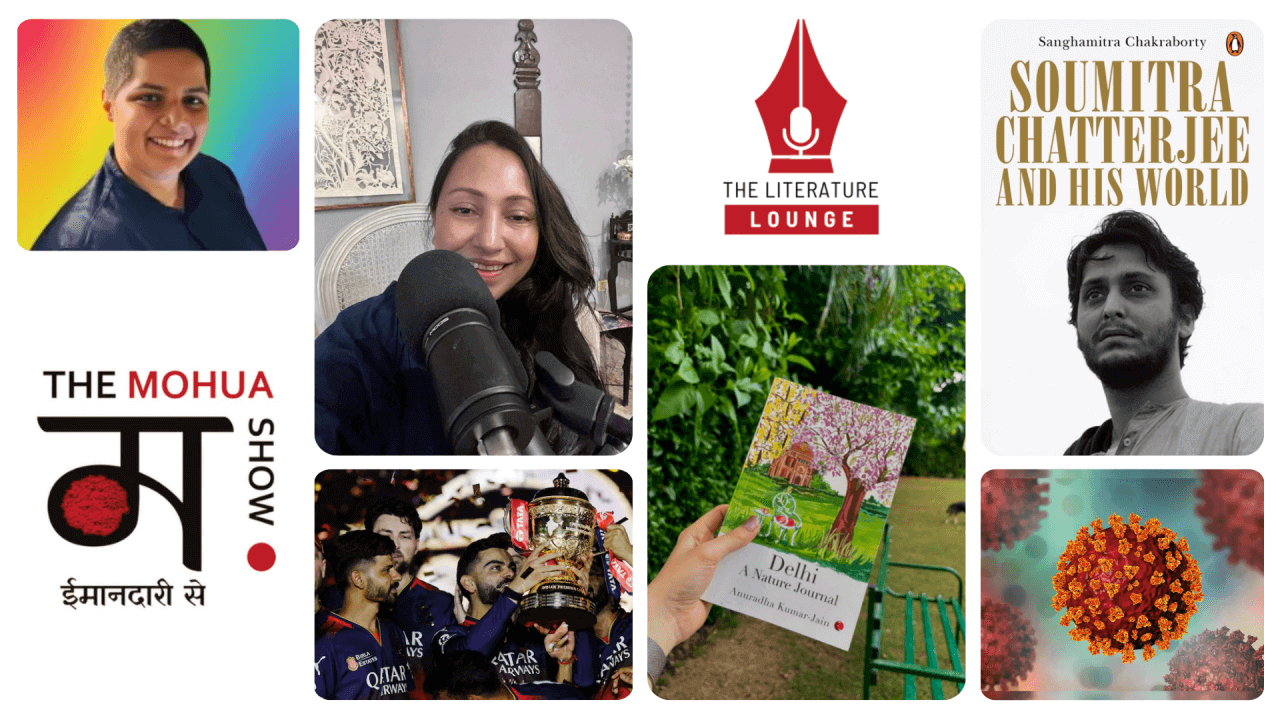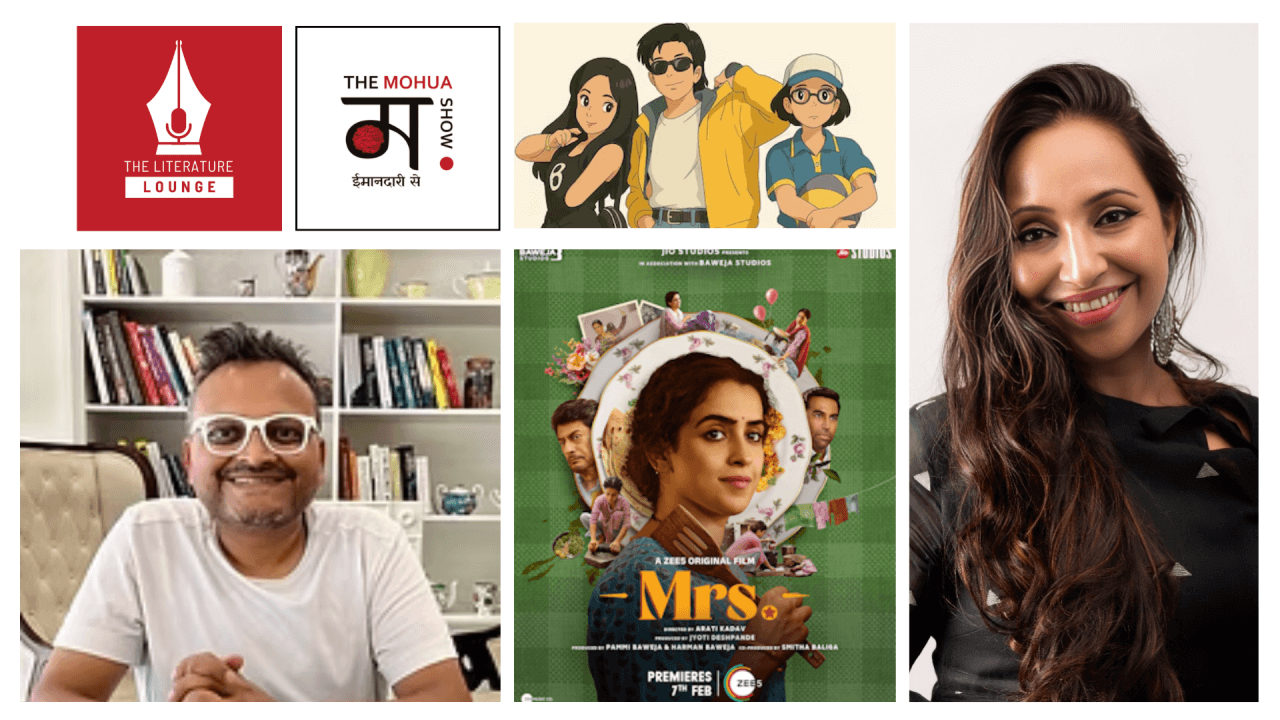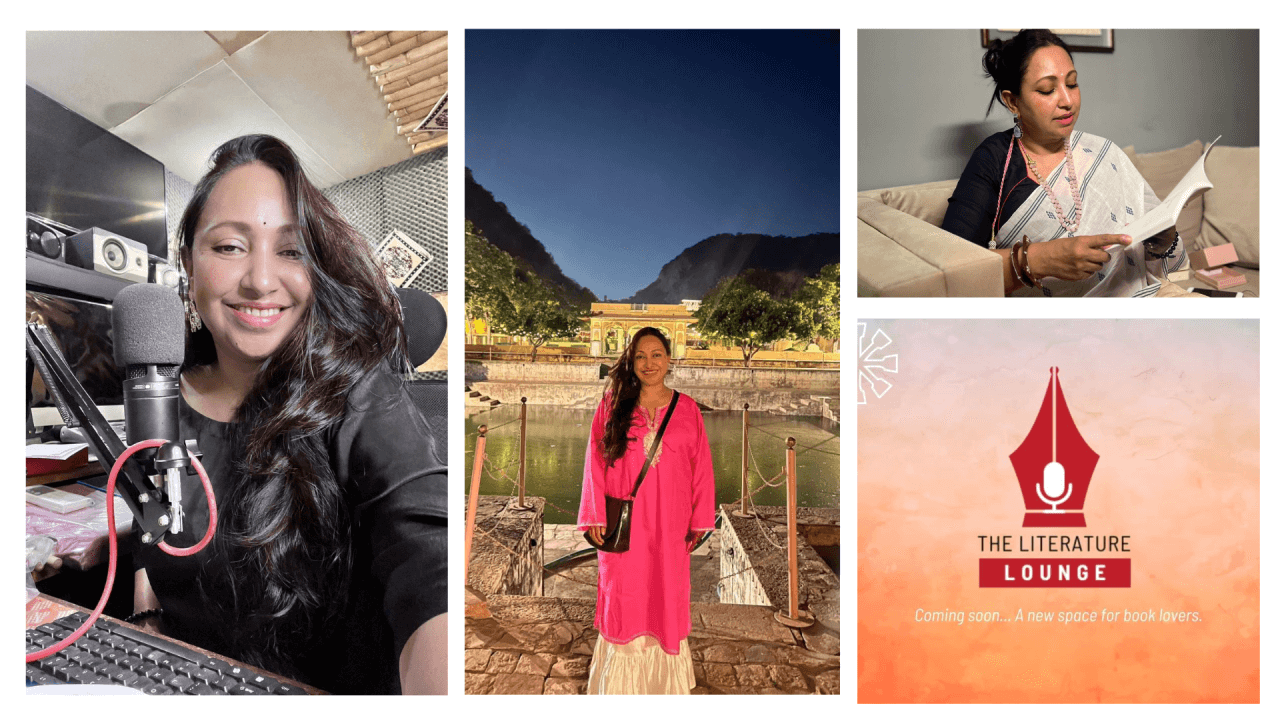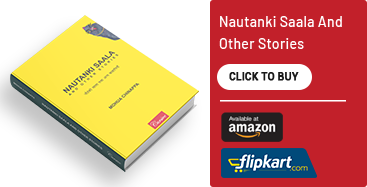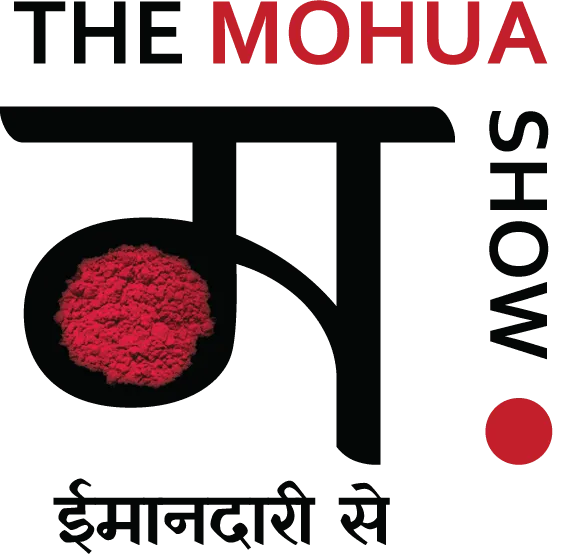Oh Kolkata!
Gently flowed the Kali Hooghly in Calcutta as it found its unhindered being flow into Bangladesh as Padma. Different name but the same river. Just like us all.
Bengal’s division into East and West broke homes, left people maimed forever with pain and a longing to go back to their ancestral homes. But Kali Hooghly’s course couldn’t be charted or changed. A name changed can never make the essence of the being different. It remains uniform in its grief and hope.
Exactly like the river, are the people of the state.
To understand the fabric of the city, one must learn to overlook the squalor and be able to find the stupendously extraordinary in the ordinary.
To admire and love Kolkata one needs to understand the Bengali sentiment.
This is a sentiment etched in the age-old traditions but flexible enough to let others enter that private space of conundrum.
This city where women and men don’t want too much from life. Most are content catching the same bus or train to work and home every day since years. Talking arts and politics is a must. Only here you meet Ali of Peter Cat who has been a waiter since last 40 years.
There are multiple cultures within the Calcutta culture. One is astonished to find a Bengali Marwari, a Bengali Bihari and a Bengali Anglo Indian.
Behind the Bow Bazar police station is the community of the Bengali Anglo Indians. The film Bow Barracks Forever by Anjan Dutta, is forever.
Entering the lanes of Bow Barracks, my search was for Delia. An Anglo girl who waited forever for her lover to return from Australia back to Calcutta, where they grew up together. Every Christmas she broke off with the Bengali boyfriends knowing, only he would marry her.
 P
P
The barracks are pristine. All rows of painted red homes with green windows. An old hand pulling rickshaw lay abandoned in the corner, a checkered lungi drying in the sun. One wonders who would sit on that and would the ownder of this rickshaw ever earn a penny. But it stands testament to time.
In all this beauty was a clothes iron wala, from Bihar, hard of hearing. He continued ironing without looking up towards anyone. The radio next to him played his favourite Bihari songs.
Into the grotto ahead of Bow Barracks was Jimmy and Robert.
Robert had tattoos on his arms and with huge hesitation slowly opened up. Once he did, his excitement had no bounds. He showed his home, his relatives homes and the Shiva temple he had made for his Hindu friends.

As we bonded, the brood of strays joined in this walk of finding the remnants of the Anglo-Indian culture in Calcutta.
Mrs. Lancey sat in her shorts, a sleeveless tee, brightly painted toe nails and glasses that was held together with a thin string.
Mrs. Lancey had knee problems and was resting after taking off her knee braces. She smiled inspite of the pain, asking for a cup of tea in her home. Robert was very proud of how Mrs.Lancey spoke, eloquently with a smile. By now my heart was tearing apart. I knew the wait was for Christmas. After that it would be back to the pains, aches and the longing. Robert and me continued our walk. By now, I didn’t know if he was walking me into my past or I was walking him into my present.

Jimmy was thin, wearing glasses as he sat by the roadside. I smiled at Jimmy as he said “Hello.” I promptly sat beside him.
Jimmy began telling me about his love for Bow Barracks and Calcutta. He said he would die but never leave this city.
He confessed, that he was anguished with the uppity Bengalis who made snide remarks about the dressing sense of the Anglo-Indian girls, Jimmy said now I ask them “where is the lajja (Shame) of your girls? They all copy the Anglo-Indian girls and have also started working.” I laughed and he was sure I wasn’t Bengali.
Jimmy’s spoke about his mother. She is now 82 years old and he is her sole caretaker. He loved her, he said.
By now I had won Roberts and Jimmy’s trust. I wished time would stop and I could go on listening to their stories, etched in time. I too had mine to share.
They spoke about the carnival they were planning and Jimmy was sad with the youth of Bow Barracks who he said had no manners any longer. Holding his little phone and waving it into the air, he said this is the devil toy. I nodded in agreement because I didn’t want to stop the flow of his emotions.
Bow Barracks bought out the buried memories of Shillong. The grotto with Madonna and Christ had candles burnt out with prayers unheard.
The city stands still and serene in those lanes. Each window has eyes that looks across to the other window and not further.
As I left the place after we had exchanged phone numbers. Robert sent a message “eat lunch and see you soon”. I smiled at the text and the tear drops soaked my face. I don’t know when someone last asked this question.
I remembered Baba, his undying love for the city and his last wish to return to Calcutta. I was doing this on his behalf.
The city of the Bengalis where being Bengali was accepting the slow life. It also is about living it up during Durga Puja, Kali Puja, Christmas, and Eid.
Mrs. Lancey I know will give me cake and goodies if I visit her again. Jimmy and Robert will give me rum and songs of Bob Marley, Pat Boone.
Robert’s smile had few tooth missing. But his beautiful smile remains in my heart, as I turned to leave. It seared into me. I wanted to stay, but I had to leave.
Jimmy is steadfast in wanting the world to change, to his sepia past.
We all know things can’t go back to before. We can only hold on to the memories. We can continue with the values of the human spirit, knowing we are a speck among the millions in the city and the universe.
The Howrah bridge stands strong over the Kali Hooghly. I stood late into the night searching for the remains of my father, that was held in the clay urn that I had flowed in Karnataka. Did it reach here ever?
Nothing could be seen. The lights of the city fell on the dark gentle river. All I found was the cripple who had left the crutches by his side, sleeping in the corner of the bridge, unaware and blissful for those few hours.
He too had faith like me, that he would wake up to find his crutches and the little money under his head the next morning on the Kali Hooghly that will continue, inspite of it all.
Mohua Chinappa is an author and podcaster for her show, The Mohua Show, and she is a branding specialist. Mohua has gained a decade and five years of experience in leadership positions as a Public Relations/Corporate Communications specialist. She also has an extremely successful podcast called The Mohua Show, which is available on multiple platforms such as Apple Podcasts, Spotify, etc. In this space, she interviews artists, entrepreneurs, and individuals striving to create economic and social change in their environment. Mohua is currently on an entrepreneurial journey as an empath. She strives to give opportunities to people who cross her path and provide a platform for the unheard voices in society to be highlighted, respected and recognised.
Her first book, “Nautanki Saala“, was released on January 30th, 2022.
Her second book is out soon.

